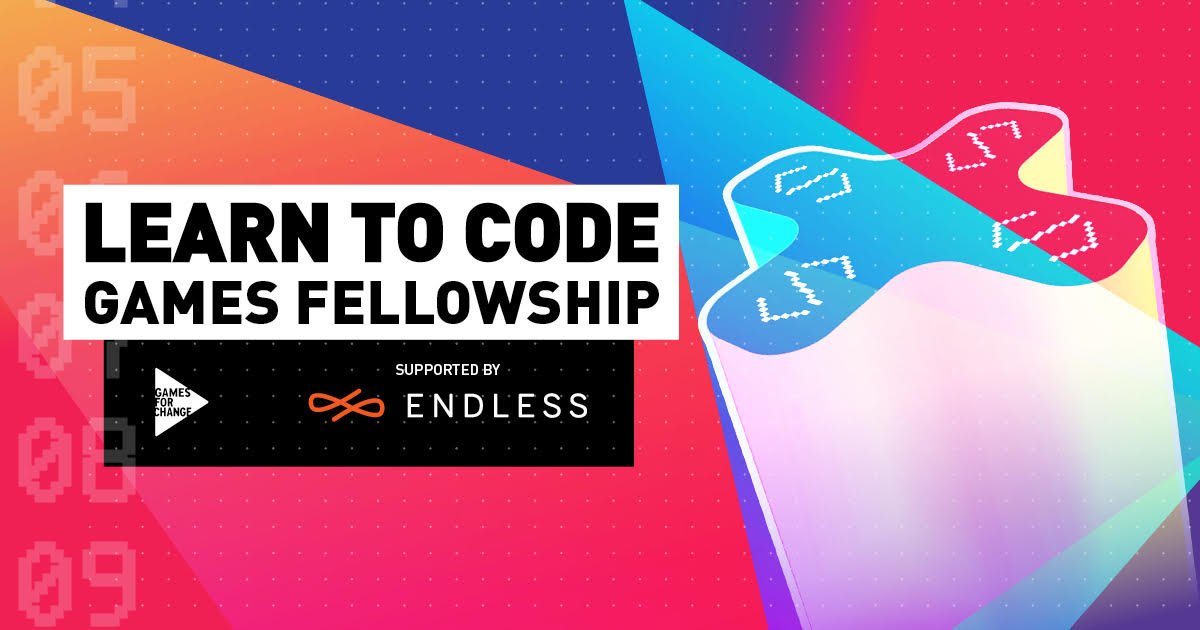Northeastern students Fan Ling and Yichen He, who are both in CAMD’s MS in Game Science and Design program, created a “Learn to Code” game proposal that earned them an 8-week fellowship through Games for Change (G4C), a nonprofit that facilitates the creation and distribution of digital games that serve as powerful tools in humanitarian and educational efforts. Through a competitive submission process, three pairs of student teams were selected to participate in the two-month fellowship, during which they will design ‘learn to code’ game mechanics and each develop a new, unique game. During the fellowship, students Fan Ling and Yichen He will continue developing their level-based 2D puzzle-solving game targeted at pre-teens, helping players understand programming concepts with the visualization of game elements. The purpose of their game is to prepare young programmers before they reach college and to empower them with the core skills needed in future advanced projects.
We recently caught up with Fan and Yichen about how they created the concept for their winning game. Read more below!
What inspired you to enter the contest?
Fan: Professor Harteveld shared this opportunity through our slack channel. First, educational programming game is something I’ve wanted to make for a while because I personally enjoy this type of game. I saw this as a great opportunity to push myself to get involved with a project that motivated me with a schedule and supervision. Of course, the stipend plays a role as well.
Yichun: I have interned as an Education Foundation Assistant and as an Education Consultant, during which I learned about some Educational Software documents. I talked about this with Fan and realized we were both interested. We want to know more about the design concepts and principles of educational products through the contest, hoping that our game can give practical help when it comes to learning code.
How can your game proposal impact future students and gamers?
Fan: We hope young people who play our game can both have fun with our game and enjoy the concept of programming. We want to break down the barrier and make them realize programming is not as hard as they think it is.
Yichun: Instead of asking questions directly and letting players solve them by coding, we use a seemingly unrelated topic (stream) to show the process of programming, so that players can enjoy solving puzzles without the pressure of programming. At the end of the game, they will find that the game involves many basic programming concepts. We hope this design can help players understanding abstract concepts without difficulties.
Why is coding important to you?
Fan: To me, coding is like a key. You can open a lot of doors with it. Within game development, you need coding to implement a game feature, to engineer sound effects, to realize the visual effect, to build AI, etc. I believe it is also true in many other industries now. Coding is an essential skill in the future that everyone should learn.
Yichun: Although I am the artist in this project, my undergraduate major is Computer Science, so the coding life—which meaning staying up late—is not new to me. Coding is a very effective way for me to make my ideas come true. I only need a computer to realize all kinds of concepts such as games, websites, mobile apps, etc. Fortunately, not like art, learning to code does not depend so much on subjective feelings. Anyone can learn and master it gradually. I hope more people can experience the fun of coding in the future.
The fellowship started on November 11, and will run through mid-January. We wish Fan and Yichun the best of luck during this exciting opportunity.


